Trinitarian-Unitarian Debates – 1 Bosserman vs. Finnegan, 2008 – Part 1
 Sean Finnegan is an intelligent and well spoken “Biblical Unitarian” Christian. He recently earned an M.A. in Church History from Boston University. He runs the christianmonotheism website, which aggregates work by contemporary Christian unitarians. I was pleased to meet him at a recent conference, at which he gave a fascinating presentation on how many (but not all) “church fathers” rejected the everlasting earthly Kingdom in favor of “going to heaven,” i.e. a non-bodily afterlife.
Sean Finnegan is an intelligent and well spoken “Biblical Unitarian” Christian. He recently earned an M.A. in Church History from Boston University. He runs the christianmonotheism website, which aggregates work by contemporary Christian unitarians. I was pleased to meet him at a recent conference, at which he gave a fascinating presentation on how many (but not all) “church fathers” rejected the everlasting earthly Kingdom in favor of “going to heaven,” i.e. a non-bodily afterlife.
Here’s a blog post by Sean on the debate I’ll be reviewing below.
Brent Bosserman was at the time of the debate an adjunct professor at Northwest University in Washington state. I believe he’s still there, but can’t find out much about him online. But here’s a long 2007 talk of his, called “Christianity and Trinitarian Worldview.” He talks at the start about his background.
This debate suffers by not having a precisely defined debate question. While Finnegan mostly sticks to the biblical case for his view and against Bosserman’s, Bosserman pulls out a broad brush and tries to compare all-encompassing “worldviews.” This is not a good idea; a debate is finite in time!
The intros are over-long and intrusive here; I’ve skipped you to the actual start. My summaries and commentary follow.
- start – 32:06 Finnegan opening statement. Starts with his central claims, and with emphasizing that Read More »Trinitarian-Unitarian Debates – 1 Bosserman vs. Finnegan, 2008 – Part 1




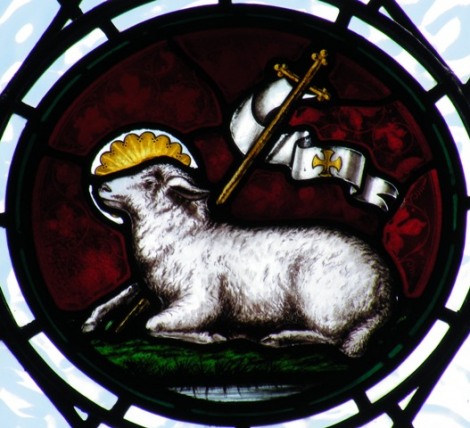
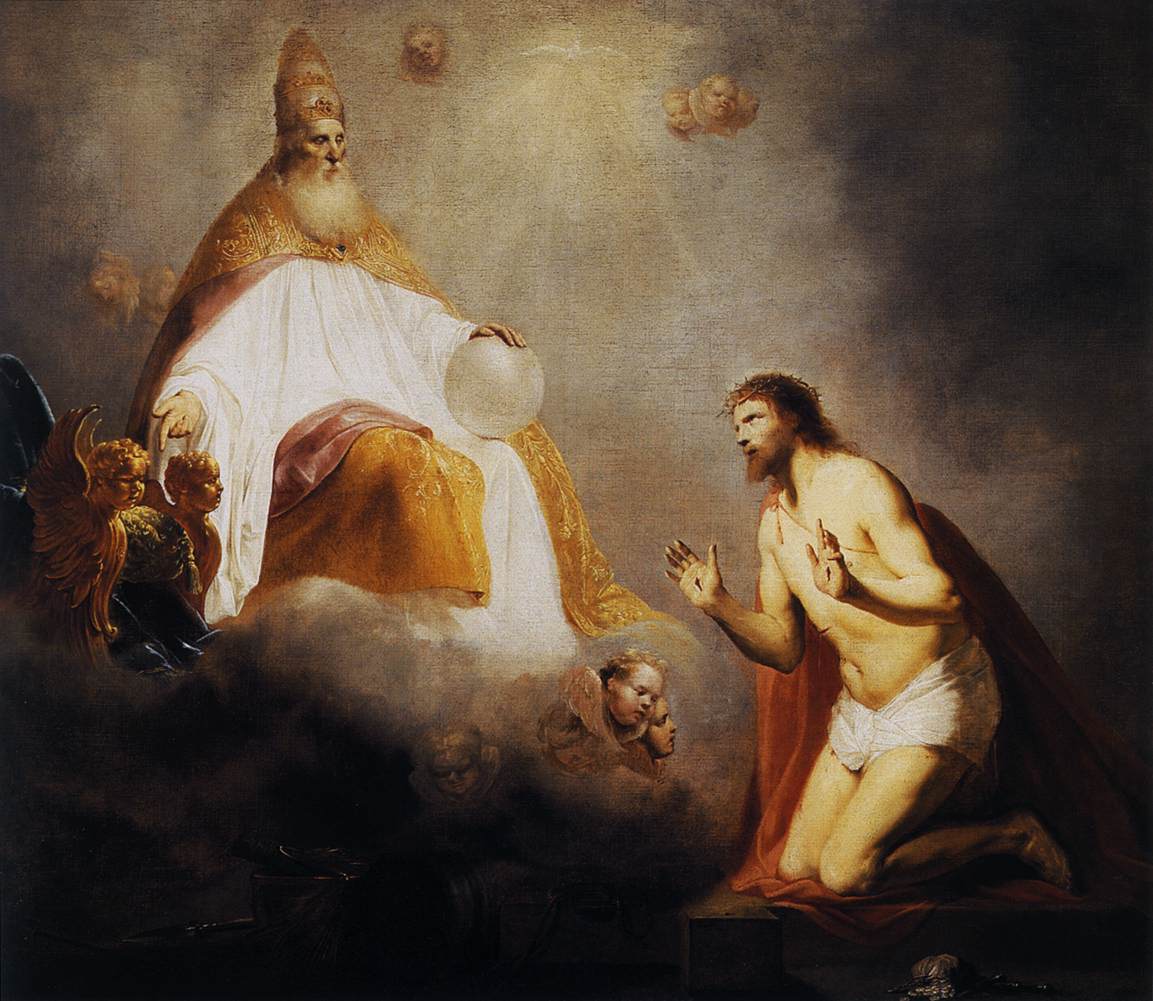

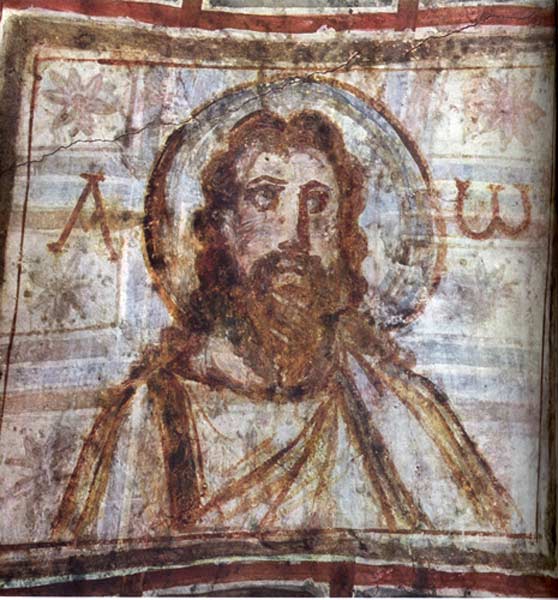
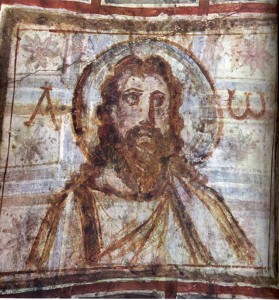 Last time
Last time 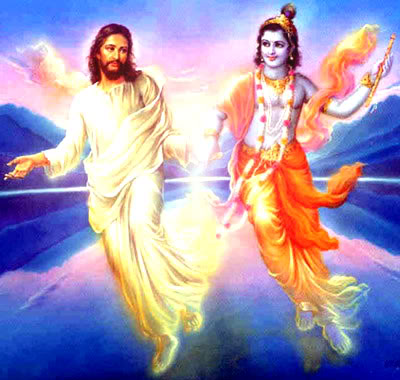
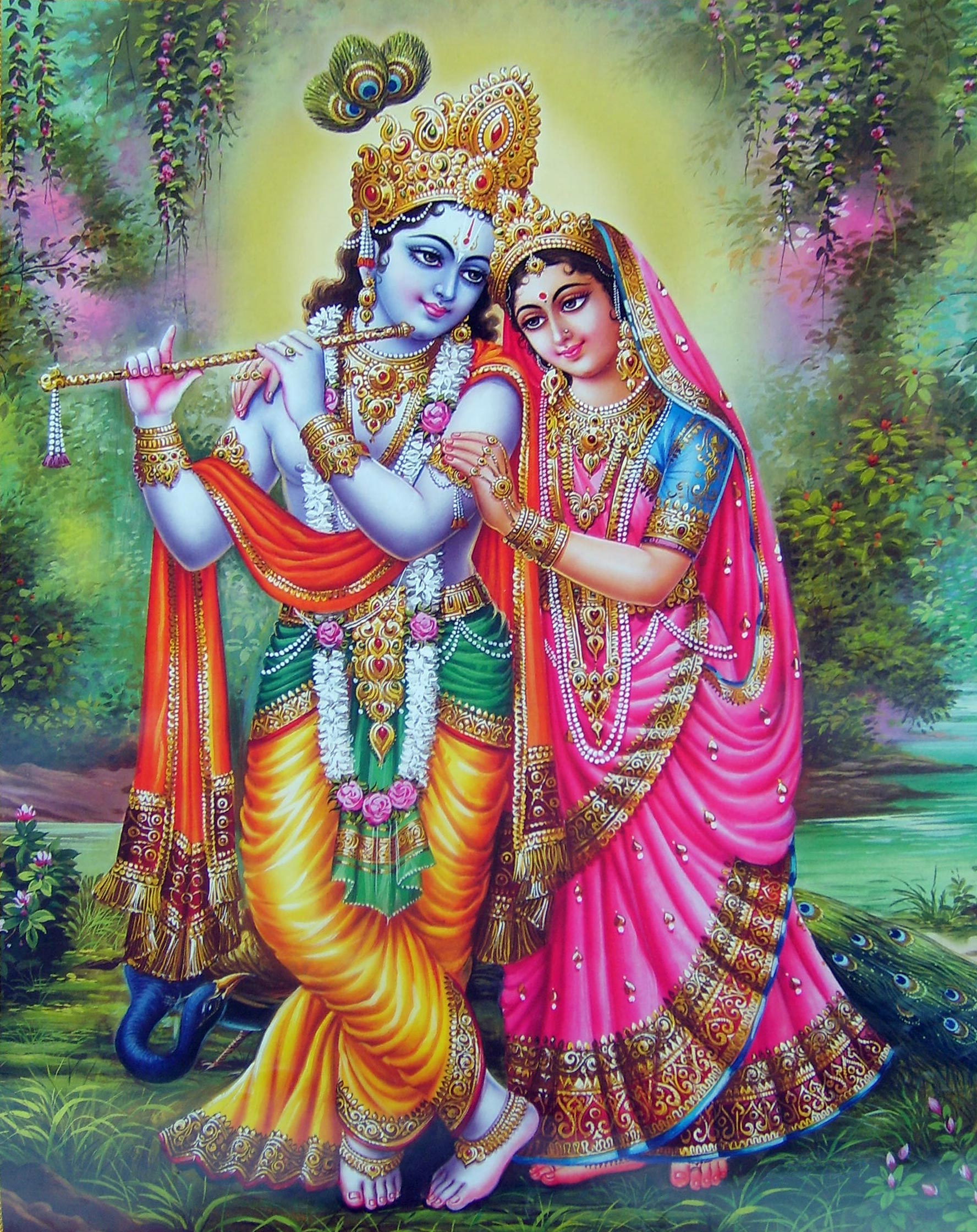
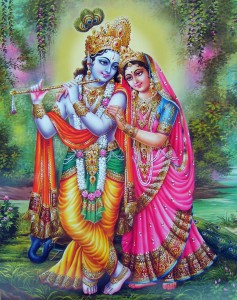 Given my scholarly interests in Hinduism, I had to post a link to this story about the
Given my scholarly interests in Hinduism, I had to post a link to this story about the 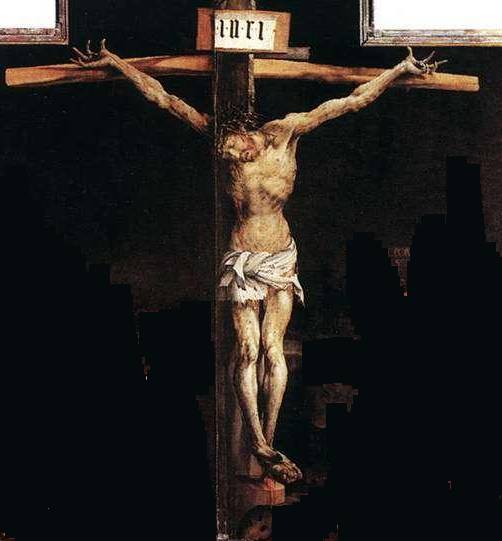
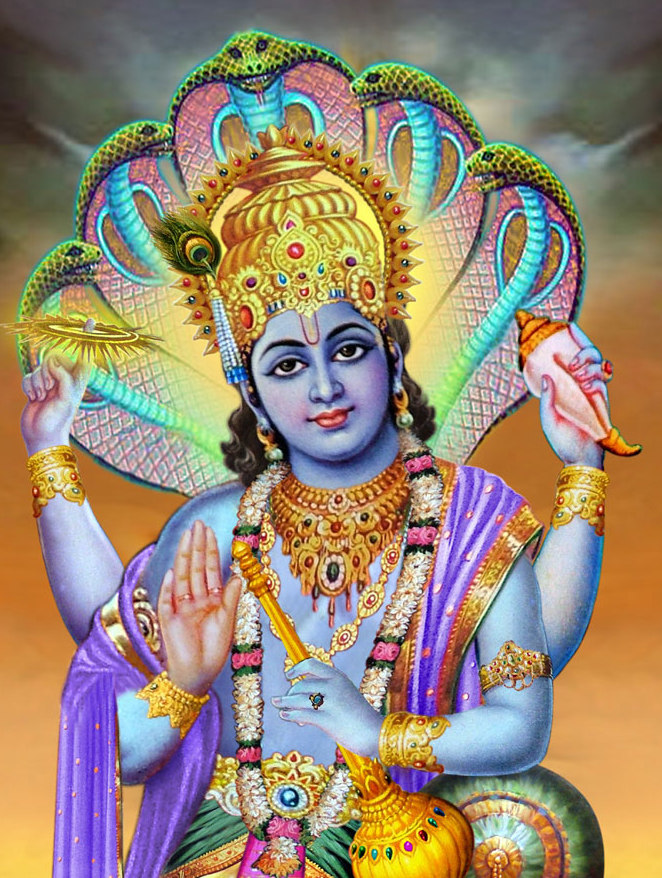
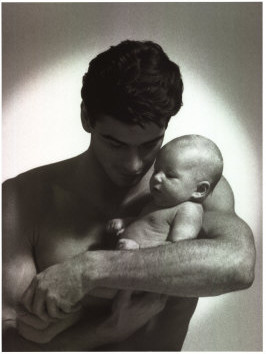
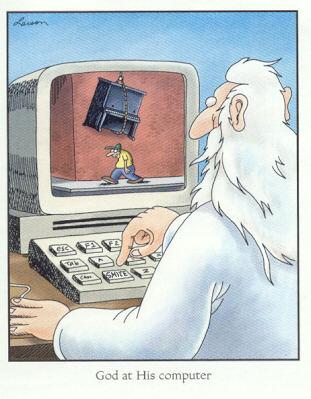

 Three World Vision employees
Three World Vision employees 
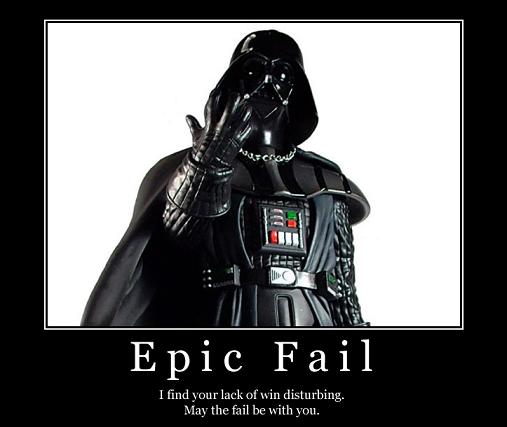


 Were there any “biblical unitarians”, or what I call humanitarian unitarians in the early church?
Were there any “biblical unitarians”, or what I call humanitarian unitarians in the early church?